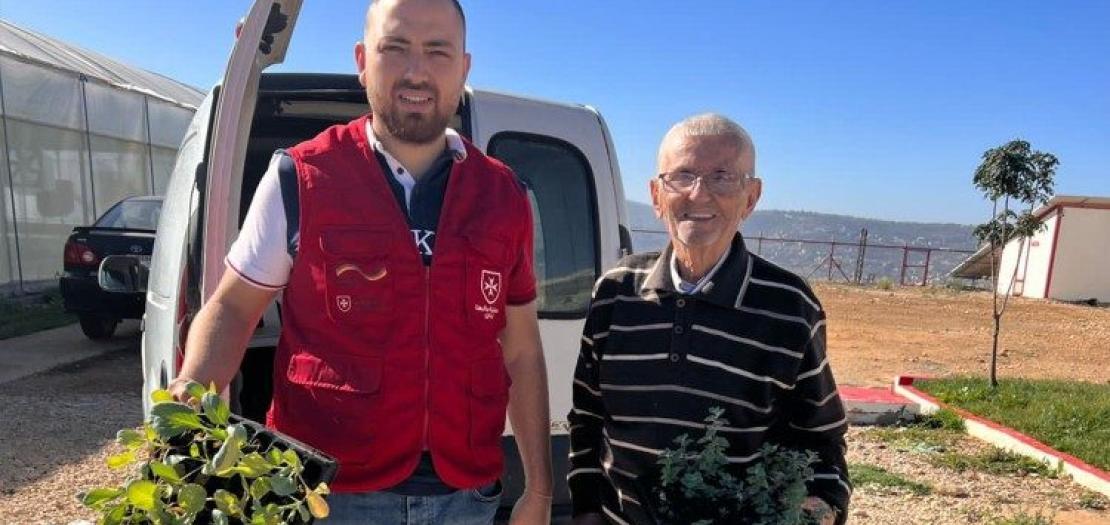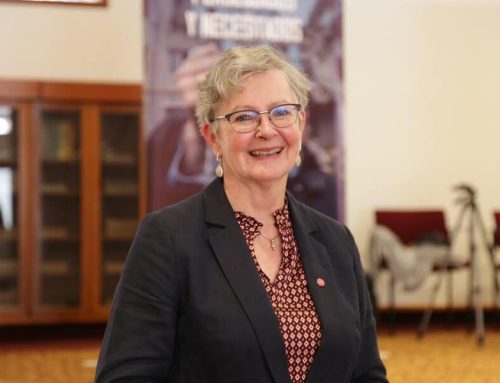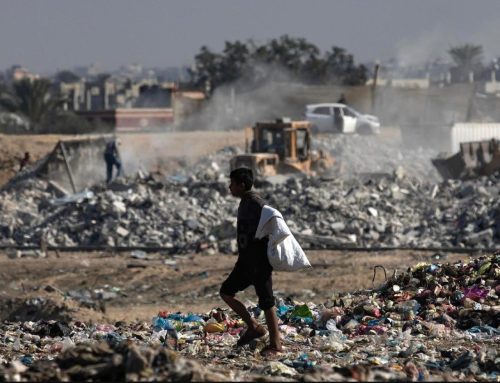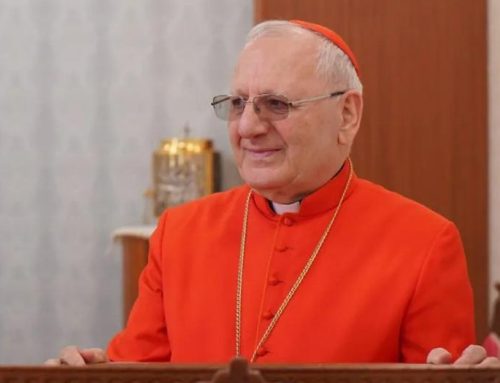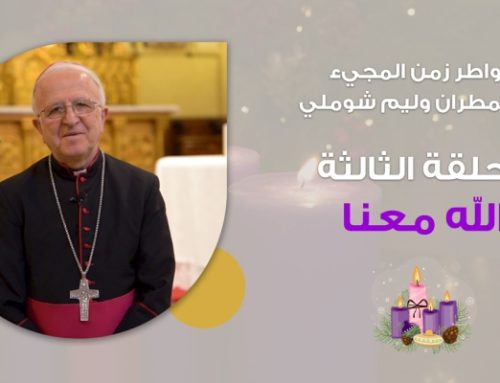Lebanon has been a land under siege for years. “Since 2019 we are facing a multiple economic and financial crisis, the Beirut port explosion, the pandemic,” have already pushed our nation to the brink.
Speaking to Vatican Radio as the war between Israel and Hamas entered its second month, Oumayma Farah highlighted the challenges faced by Lebanon even before the current conflict broke out in the Holy Land and noted that 80 per cent of the Lebanese population lives beneath the poverty line.
She also spoke of the fear Lebanese are feeling as tensions rise along the country’s border with Israel and the region is plunged into instability.
Oumayma, who heads Communications for the Lebanese Association of the Order of Malta Lebanon and is the Order’s spokesperson in the country said: “The country is absolutely not prepared for such a conflict or crisis.“
Security issues and refugees
Noting that tensions on the border where Israeli forces and Hezbollah militants continue to exchange fire and rockets, and where “the conflict is escalating”, Oumayma pointed out the Lebanese population is being displaced in a situation in which there is already a refugee crisis.
Lebanon, in fact, is host to the largest number of refugees per capita in the world with at least 1.5 million Syrian refugees, many of them displaced by the war in their own country.
“Let’s not forget that we already have a Syrian refugee crisis that is on the verge of exploding because we are still receiving numbers of refugees that are illegally entering Lebanon, creating tensions between the Lebanese population that is being displaced and now the Syrian refugee population that is also being displaced,” the Communications director said.
Oumayma explained that while Palestinians cannot cross the “Blue line” that marks the Lebanese border, there are already many Palestinian refugees in Lebanon and this, she said, creates a delicate equilibrium and adds complexity to security concerns.
The fragility of the country
Explaining that the whole of Lebanon today, is “at a level of preparedness for a bigger crisis,” she said there is the awareness that should the conflict spread, Lebanon would not survive.
“It is completely unlike the 2006 war with Israel, when the country had stable institutions, there was financial and economic stability. Lebanon”, she underscored, “cannot take another conflict.”
“Today, Lebanon cannot take another conflict.”
At a time, she continued, in which the people are struggling to “get out of the current and multiple crises, another crisis, another conflict, would completely shatter everything that the Lebanese people are trying to build.”
“We as Lebanese, are facing every day no electricity, scarcity of fuel, scarcity of medication. We are living under continuous stress. We are trying as much as we can to respond to the already existing crisis”.
Living in fear
“Fear is rising. We are living under fear every day,” Umayma said, “We wake up, go about our day, we go to work and we don’t know if we will be coming back home.”
“We wake up, go about our day, we go to work and we don’t know if we will be coming back home.”
This, she said, “is unfortunately the daily life of every Lebanese or every person living in Lebanon, because we don’t know when the conflict will take another turn.”
Order of Malta: a beacon of hope
The Order of Malta Lebanon has been present for the past 70 years all over the country, and Oumayma explained it played a major role and widened its presence during the civil war between 1975 and 1990.
“This was upon the call of the Pope to protect Lebanon,” she said, recalling that “Lebanon is a Holy Land,” she said.
Christ, she continued, performed his first miracle in Lebanon and He preached in Tyre and Sidon. “His mother waited for him in the south, next to Sidon, and this is where the conflict is happening now.”
Lebanon: a message of freedom
The Order of Malta, she said, responds to the needs of the people on a humanitarian level, but it also upholds the message of Saint Pope John Paul II: “That Lebanon is more than a country, it’s a message of freedom and an example of pluralism for the East as well as for the West.”
“Lebanon is more than a country, it’s a message of freedom and an example of pluralism for the East and the West.”
“We are a country of 18 religious denominations living in coexistence,” Oumayma continued, “and what we are trying to do every day through our presence in the most remote areas, where there are minorities, is to protect these communities and encourage them to stay in their land.”
And protecting the presence of Christians in Lebanon goes hand in hand, she said, with being open to other communities and offering services to all.
After all, the Director of Communications added, upholding the mission of the Order of Malta to care for all those in need regardless of their origin or religion, the only thing that counts is the suffering of the people and the belief that Lebanon plays a major role in the Middle East and the Holy Land.
“Let’s not forget,” she said, “that Christians in Lebanon still represent a majority in the Holy Land” in respect to the number of Christians left in Iraq, Syria, Israel, Palestine and Jordan.
Thus, she continued, the Order of Malta has the duty to try to protect Christians in Lebanon: “This is why our work is very important!”
Humanitarian work
The Order’s humanitarian efforts meanwhile extend across the country, focusing on healthcare, medication, and food security, thanks to its 60 projects and programmes. Its presence in the south “that today we call the hot zone,” is particularly crucial, and since the beginning of the war between Israel and Hamas, Oumayma explained, “attention is on Israel’s frontier with Lebanon, where the Israeli army has been engaged in clashes with armed militants.”
Call for peace
Reiterating the fact that Lebanon is the land of Christ, Oumayma said “Our hearts are deeply touched by what is happening in Gaza and the lack of humanity. We call, of course, for prayers, for Lebanon, for Gaza, for the region, that we may find peace.”
“We call, of course, for prayers, for Lebanon, for Gaza, for the region, that we may find peace.”
She concluded by paying tribute “to every person bearing the cross of the Order of Malta,” for being at the front line to serve the people.
Giving thanks for the fact that an artillery shelling two weeks ago caused no casualties at an Order of Malta Centre run in partnership with the Jesuits on the southern border, she said “Thanks to God and our prayers and our faith, it did not explode.”
“The people and all the staff are still there,” she continued, “They are very determined to continue their mission to bring relief to the population, keeping the Cross in south Lebanon and throughout the country, to bring healing in the churches, but also in the mosques and everywhere where suffering is present.”
“We are determined to continue our mission to bring healing in the churches, in the mosques and everywhere where suffering is present.”

